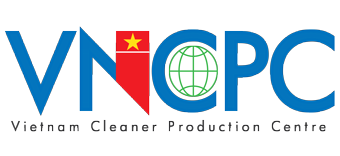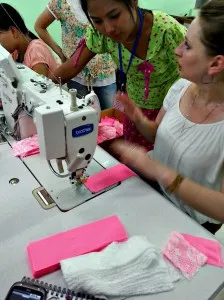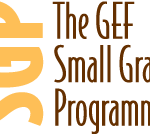Improving productivity in Myanmar’s garment factories
From 28th July to 15th August 2014, the German textile company ESGE conducted its third working visit with the SMART Myanmar team. Ms. Barbara Waeschle, garment technician from ESGE’s quality department, worked closely with the more than one dozen garment factories that are embracing the productivity and technical support offered by the SMART Myanmar project. During this visit, Ms. Waeschle also closely guided and instructed SMART’s SCP Trainees (nine young Myanmar engineering graduates) on how to assess and support the SMART factories as they work to improve their product quality control in accordance with international standards.
The main objective of this visit was to increase the skills and practical knowledge of production among the garment producers. Ms. Waeschle visited and suggested ways to improve sewing techniques in 7 factories, including: Rising White Tiger, Shwe Yee Zabe, Grand Sport, Wa Minn, Tri Sea, Shwe Sakar (2) and Princess Power. After visiting these factories, she – together with the local SCP Trainees – developed production catalogues for each factory. The production catalogues include suggestions about how to correct the less productive and efficient methods of production. Factories which follow these catalogues can reduce extra work, increase quality standards of workmanship, reduce waste and energy consumption and enjoy cleaner and safer working environments. The catalogues were written in both Myanmar and English to ensure maximum impact and educational cross-sharing.
A reference for such catalogues can be downloaded here.
Ms. Waeschle also introduced the AQL 2.5 (Acceptance Quality Level 2.5) which is the production quality inspection method for most consumer goods. Following this, the SCP Trainees developed AQL 2.5 forms both in Myanmar and English and explained to the factories how to utilize them. Ms. Waeschle and the SCP team also visited the factories of: Hall Mark, Myanmar Synergy, Golden Jasmine, Thiri Sandar and Maple for production improvement follow-ups.
ESGE’s visit and support for the SMART Myanmar project is proving to be very fruitful, as their collaboration is increasing the skills and efficiency of local producers, thus leading to cost and efficiency savings. Furthermore, this experience can create replaceable lessons from which other local factories can learn and benefit.
Source: switch-asia.eu



